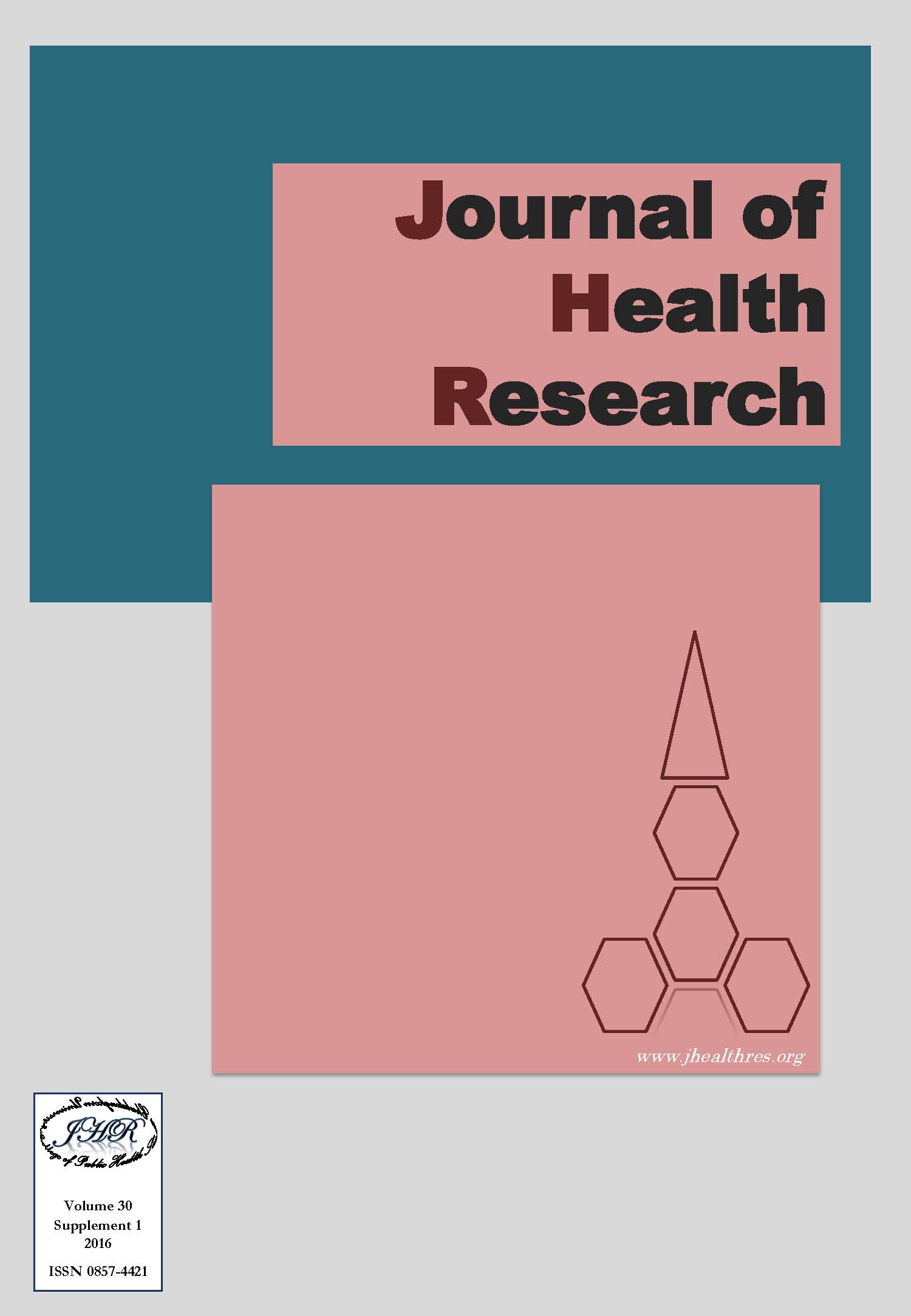Factors influencing sexual behaviors among youth Myanmar migrant workers in Samut Sakhon, Thailand
Keywords:
Abstinences, Early age of first sex, Multiple sexual partners, Protective sex, Youth Myanmar migrant workersAbstract
Background: Sexual behavior is a behavior that can increase one’s risk of contracting sexually transmitted infections including having sex at an early age, having multiple sexual partners, having sex while under the influence of alcohol and unprotected sexual behaviors. These problems are more occurring in migrant society especially in youth migrant workers. The objective of this study was to identify the factors influencing sexual behaviors among young (18-24 years) Myanmar migrant workers in Samut Sakhon, Thailand.
Methods: A cross-sectional study was conducted by using purposive sampling and convenient sampling techniques. Data were collected by using face to face interviewed with constructed questionnaires among 362 youth Myanmar migrant workers, both male and female who lived in Samut Sakhon province, to find out their sexual behaviors ( abstinences, early age of first sex, multiple sex partners and protective sex).
Results: Ever have sexual intercourse in migrant workers was 56.6%; and abstinence was 43.4%. For early age of first sex, 3.6% had early sexual exposure at the age of 15 to 18 years; and 53% did not have early sexual exposure. The single sexual partner was 86.3%; and respondents with multiple sexual partners were 13.6%. Out of ever have sexual intercourse, protective sex in migrant workers was 14.4% by using condom always for every sexual intercourse; and non-protective sex was 85.8%. Alcohol drinking was also strongly associated with ever have sex and multiple sexual partner (p< 0.001). Middle level of knowledge on STI, HIV/AIDS was associated with ever have sex (p=0.017). Early age of first sex was not statistically associated with other factors, which it was found very interesting in this study. The various knowledge, attitude and barriers levels on STI and HIV/AIDS were not strongly associated with multiple sexual partners and protective sex by using condom.
Conclusion: This study concluded that health education regarding correct knowledge gaps and misconceptions on STI, HIV/AIDS and condom use is very important; and it needs to be offered among migrant workers by NGOs and government organizations. This is the best way to promote low-risk sexual behaviors in young Myanmar migrant workers.







